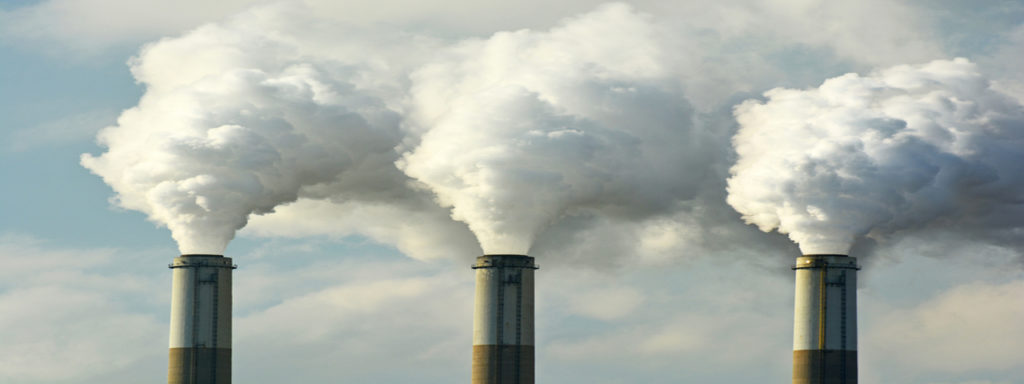Location
Venue:Institute of Economic Affairs
Address:
Climate Change: Are we building bad economic policy on bad science?
Time:
- 27/11/2013
18:00
Climate science is inexact for several reasons. First, for computational reasons climate scientists are forced to make approximations in the application of physical laws. Second, some laws of physics, e.g. regarding clouds, are less exact than others. Third, the sciences of ice flows and interactions between the biosphere and atmosphere are in their infancy. These inexactitudes combined with data error explain why climate models have failed to predict global temperature.
The failure of climate models to explain the halting in global warming since 1995 begs the question whether they are sufficiently reliable to justify carbon abatement policies, which harm economic growth.
The 5th IPCC Review breaks new ground by attributing sea level rise to global warming despite the fact that there is no scientific evidence for this assertion. Moreover, tide gauge measurements show that sea levels are not rising globally.
Professor Michael Beenstock is a member of the Department of Economics at the Hebrew University of Jerusalem, and is currently a Visiting Fellow of Fitzwilliam College, Cambridge. He has published 8 books and numerous academic papers. His latest book, Heredity, Family and Inequality, was published by MIT Press last year.
His interest in climate change began after using the Stern Review as teaching material. This led to publication of research showing that global warming in the 20th century is unrelated to carbon emissions. In subsequent research he shows that claims that global sea levels are rising are incorrect. He is currently testing the track records of climate change models used by IPCC to project global warming.
RSVP (ACCEPTANCES ONLY) TO IEA RECEPTION
EITHER BY E-MAIL TO: iea@iea.org.uk
OR PHONE (020 7799 8900)
Location
Venue:Institute of Economic Affairs
Address:

